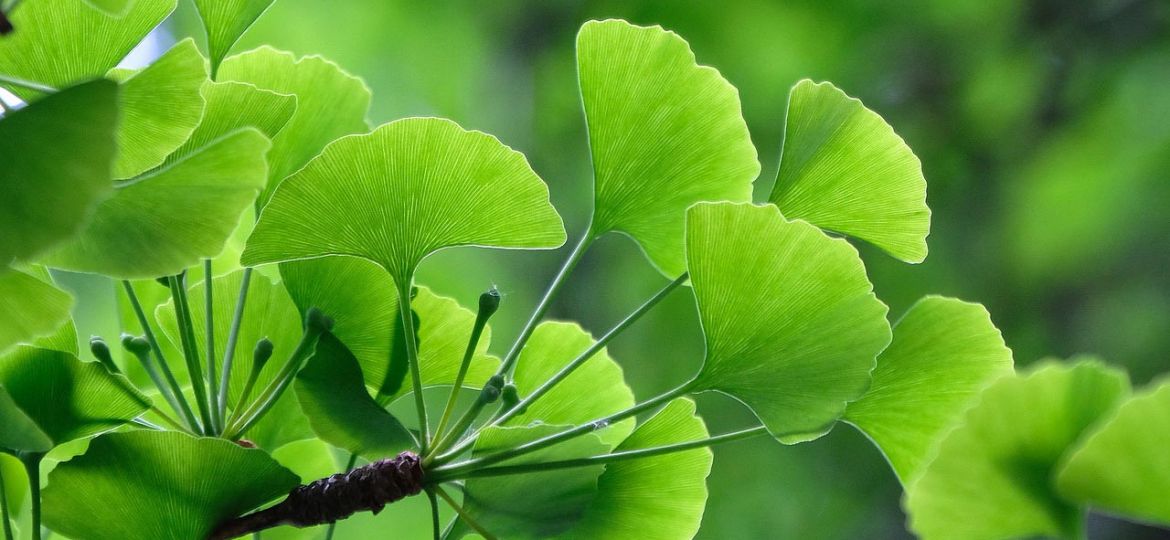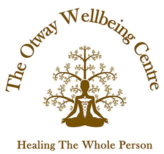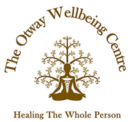
Prior to COVID 19 and COVID 19 Vaccines, we probably rarely heard of myocarditis or pericarditis brought up in conversations. Unfortunately, we are all becoming quite familiar with these conditions now. I have had quite a few clients coming to me for advice about this condition recently.
What is Myocarditis?
Myocarditis was once considered a rare condition. This is not the case now.
Myocarditis is usually caused by an infection in the body, general inflammatory conditions, or sometimes particular autoimmune conditions. Infections from viruses (most common, including those that cause the common cold, influenza, COVID-19 or Epstein Barr Virus), bacteria, fungus or parasites can also lead to myocardial inflammation. The COVID 19 vaccines (especially Pfizer and Moderna) are also linked to this condition now. [1]
Historically, post-vaccination myocarditis has been reported as a rare adverse event after vaccinations, especially smallpox vaccination, influenza, hepatitis B, and possibly other vaccinations too.[2]
Myocarditis is an inflammation of the heart muscle (myocardium). The inflammation can reduce your heart’s ability to pump and cause rapid or abnormal heart rhythms (arrhythmias).
Signs and symptoms include chest pain, fatigue, shortness of breath, and rapid or irregular heartbeats.
Mild myocarditis may resolve itself over time. However, severe myocarditis weakens your heart so that the rest of your body doesn’t get enough blood. Clots can form in your heart, leading to a stroke or heart attack. Severe myocarditis can permanently damage your heart muscle, possibly causing: Heart failure. Untreated, myocarditis can damage your heart’s muscle so that it can’t pump blood effectively. In severe cases, myocarditis-related heart failure may require a ventricular assist device or a heart transplant.[3]
If you suspect that you have myocarditis it needs to be investigated and if needed, treated medically immediately. Don’t hesitate to go to emergency or see your GP if you have any signs or symptoms. If it is occurring post vaccination, make sure it is documented and reported to the appropriate places.
As part of our Naturopathic pre and post vaccination plan we looked at ways to hopefully reduce the chances of developing an adverse reaction to the vaccines.
In relation to cardiovascular health Naturopaths may recommended the following:
Quercetin: Quercetin has shown to have ACE inhibitory effects. This is important as ACE inhibitors prevent an enzyme in the body from producing angiotensin II, a substance that narrows blood vessels. This narrowing can cause high blood pressure and forces the heart to work harder.[1]
Ubiquinol (CoQ10): Multiple studies and reviews have found Ubiquinol helps to maintain and promote heart health by providing the cellular energy it needs to keep pumping well. A recent review in the journal Heart, Lung and Circulation also supported the role played by Ubiquinol in cardiovascular health.[2]
Ginko: Ginko has many benefits. One of these benefits is that it improves circulation. One study in people with heart disease who supplemented with ginkgo revealed an immediate increase in blood flow to multiple parts of the body. This was attributed to a 12% increase in levels of circulating nitric oxide, a compound responsible for dilating blood vessels[3]
Hawthorn: Hawthorn is used to help protect against heart disease and help control high blood pressure and high cholesterol. Both animal and human studies suggest hawthorn increases coronary artery blood flow, improves circulation, and lowers blood pressure.[4]
Turmeric: May prevent and decrease cardiac inflammation.[5]
Dan Shen: Danshen may help to thin the blood by preventing platelet and blood clotting. It also causes blood vessels to widen, and this can improve circulation.[6]
This is just an overview of our recommendations. Never self prescribe any natural supplement or herb. Always check with a health practitioner first. If you have concerns about heart health in relation to the vaccines, please get in touch today.
[1] https://mvec.mcri.edu.au/references/covid-19-vaccine-faqs-mrna-vaccines/
[2] https://www.ahajournals.org/doi/10.1161/CIRCULATIONAHA.121.056135
[3] https://www.nhlbi.nih.gov/health-topics/heart-inflammation
[4]https://www.ncbi.nlm.nih.gov/pmc/articles/PMC3262612/#:~:text=Quercetin%20has%20been%20shown%20to,such%20as%20zinc%20(43)
[5] https://www.ncbi.nlm.nih.gov/pmc/articles/PMC6131403/
[6] https://pubmed.ncbi.nlm.nih.gov/18446847/
[7] https://www.ncbi.nlm.nih.gov/pmc/articles/PMC3249900/
[8] https://pubmed.ncbi.nlm.nih.gov/21720000/
[9] https://www.sciencedirect.com/science/article/abs/pii/S0167527307001428

